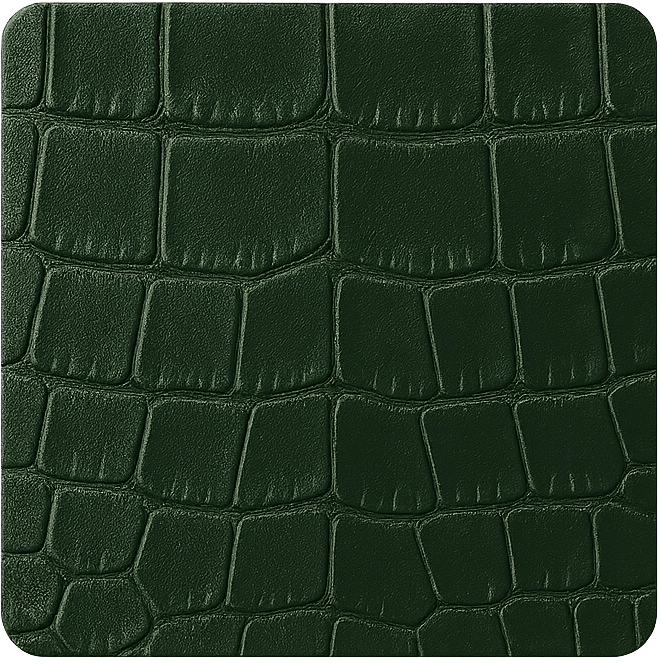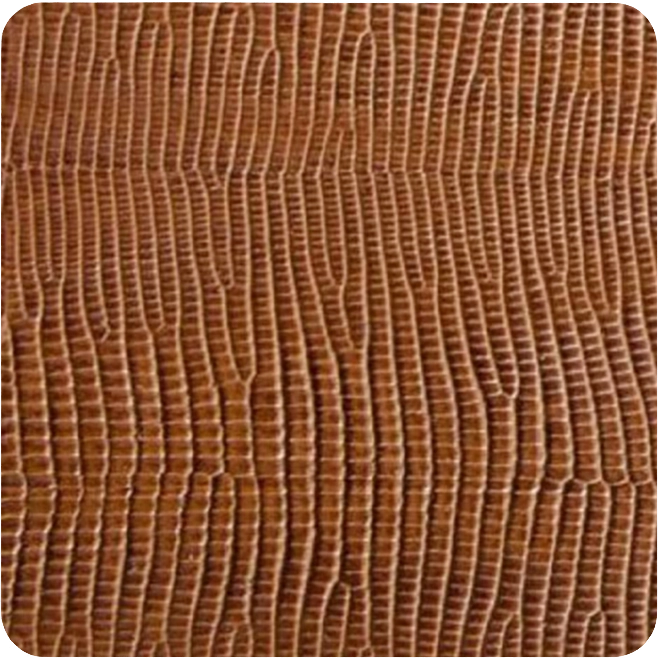Leather Guides & Tips
Delve into our in-depth guides to learn more about Leather Care and Maintenance, from footwear and bags and accessories.
Delve into our in-depth guides to learn more about Leather Care and Maintenance, from footwear and bags and accessories.
Can we help you?
+44 7 926 917 755
Wherever you are, Giuseppe Lomardi Client Advisors will be delighted to assist you.
How can we help you?
Tranding Searches : Leather Boots | Leather Wallet | Crocodile Accessories | Stingray | Sandals | Women Bags
Recently Added Products







We noticed you're visiting from United Kingdom (UK). We've updated our prices to Pound sterling for your shopping convenience. Use United States (US) dollar instead. Dismiss